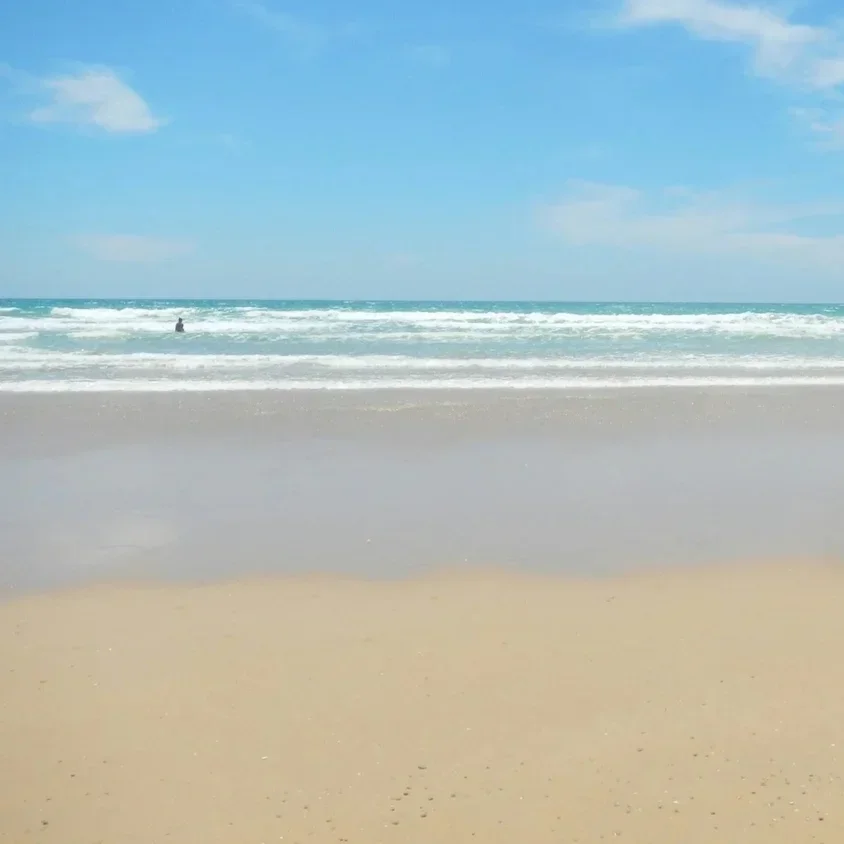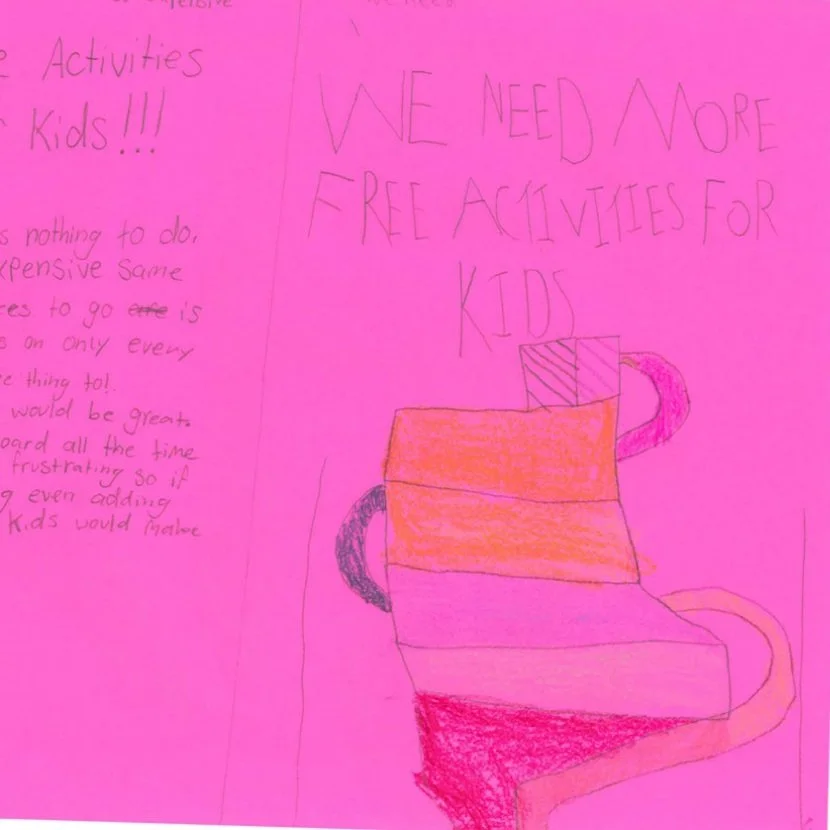Vulcana Circus is a not-for-profit arts and recreation organisation that works with the circus traditions of inclusiveness, strength, excitement and courage to transform and empower individuals and communities. In this week’s post, they argue for greater recognition of the role of artistic and creative practices in achieving health and wellbeing outcomes.
Read MoreThe Ngulluk Moort, Ngulluk Boodja, Ngulluk Wirin (Our Family, Our Country, Our Spirit) Study is working with the leadership and staff at foster care agencies and community members to provide information about cultural connection, and cultural activity and resources for Aboriginal children living in non-Aboriginal care arrangements. In today’s post, they report on the outcomes of ‘The Truth of Our Stories’ , a cultural training workshop with a focus on truth-telling.
Read MoreIn today’s post, Cordelia Attenborough and Elroy Dearn from RMIT University give insight into the history of public housing in Victoria. This blog is written in the context of the Inquiry into the redevelopment of Melbourne’s public housing towers
Read MoreIt’s long been known that green spaces can improve our wellbeing, but in today’s post Rongbin Xu, Tingting Ye and Yumin Guo, all of the Climate, Air Quality Research (CARE) unit at Monash University, share their research which demonstrates the emerging understanding of how green spaces protect our physical health as well. Such findings point to the importance of green spaces as planning and policy priorities.
Read MoreIn complex healthcare systems, staff voice is vital for ensuring healthcare professionals and service providers uphold safe, ethical and high-quality care. When staff are unable to voice concerns about patient safety or their own wellbeing, mistakes and misconduct are more likely to go unaddressed, allowing scandals to happen or last longer. Organisations such as the National Health Service (NHS) have been long aware of these risks and currently use “speaking up” policies to combat the silencing or neglect of staff concerns. After 9 years of speaking up policy many NHS staff still find themselves unheard or silenced. Now, the U.K. government’s Department of Health and Social Care (DHSC), which oversees the NHS, proposes new plans to remove these existing policies and introduce new staff voice policy under the NHS Fit for the Future strategy (NHS England, 2025). In this blog post Sukhwinder Essie Kaur unpacks the failings of Speaking Up and explores how co-production research may be a key player in designing new policies and mechanism that better support NHS staff to voice their concerns.
Read MoreThe boom in mental health awareness can be seen all around us – from branded ad campaigns (think Maybelline’s “Brave Together”) to celebrities and movies addressing mental health issues (think Prince Harry; Joker) – it’s hard to avoid content urging us to be knowledgeable of what mental health struggles are like, and to be unafraid to come forward and talk about them. However, alongside this wave of heightened awareness has been an enormous rise in rates of mental health diagnosis. Anxiety, depression, ADHD and autism rates have all risen substantially for UK youth in the last 20 years, according to one study by Cybulski et al. (2021), and many other studies report similar findings from around the world. So, in this post, Shayna Weisz asks ‘what is going on?’
Read MoreBernadette Black AM, CEO and Founder of SEED Futures, shares her deeply personal journey from teenage motherhood to national systems change advocate. Reflecting on the transformative impact of one woman’s care and belief in her, she makes a powerful case for reimagining the way Australia supports families in their earliest, most vulnerable days. With warmth and urgency, Black argues that kindness must not depend on chance—it must be built into the system. Through SEED Futures and the Incremental Reform Catalogue, she offers a clear, practical path to make that vision real.
Read MoreGiulia Fabris, Policy Advocacy Lead at Health Justice Australia, discusses what is needed to move from recognising persistent social problems to implementing solutions.
Read MoreThis week's posts are being sourced and moderated by the Antipoverty Centre (@antipovertycent) to spark thinking and discussion about welfare conditionality ahead of the federal election. In today’s article, a young person describes the cruel bureaucracy people on JobSeeker and some other Centrelink payments must navigate under the regime of compulsory activities called “mutual” obligations. This byzantine compliance system is delivered by privatised job agencies at a cost of $4 billion per year and was recently revealed to be operating unlawfully. The author has asked to remain anonymous.
Read MoreAs the federal election campaign begins ahead of Saturday, 3 May 2025, one question stands out: how can we meaningfully engage young Australians—now the largest voting bloc, led by Gen Z and Millennials? In today’s post, Planning Saw (@PlanningSaw) and Cham Kim, both final-year medical students at the University of Melbourne and members of the Future Healthy Countdown 2030 Working Group, explore how best to involve young people in shaping Australia’s democratic future.
Read MoreThis year Power to Persuade will continue to bring you articles on a variety of topics related to social policy, written by experts involved in designing, implementing, studying and/or navigating social policy . However, in addition to our regular call for submissions, we invite you to be part of a new conversation in 2025 on the relevance of rights for 21st century policy. We are at a point in history where well-trodden paths in politics, policy and practice are being reworked. What are the implications for equality, diversity, inclusion and equity? We hope you will join us in that conversation this year, as readers and authors. Find out more about submitting an article for publication with us here.
Read MoreProfessor Gemma Carey passed away in November 2024 after a long illness. Alongside her distinguished academic career, she co-founded Power to Persuade in 2011 and was its co-director until 2018. She built a collaborative, volunteer-run and genuinely co-produced enterprise with extensive reach and influence that continues to promote understanding and communication across four key groups of stakeholders involved in designing, implementing, studying and navigating social policy – government, academics, the community sector, and people whose lives are directly affected by it. In co-founding Power to Persuade, Gemma made a notable and lasting contribution to research and practice in social policy in Australia and internationally. Here, five people who were part of that journey – Kathy Landvogt, Susan Maury, Sue Olney, Sophie Yates and Tanya Corrie - reflect on her legacy.
Read MoreOn this International Day of People with Disability, Dr Raelene West points out that access to the built environment is still problematic. Dr West is a Research Fellow at the University of Melbourne in the Melbourne Disability Institute. This article was originally published in Architecture Victoria Magazine edition 2, 2024.
Read MoreIn this week’s blog, Simon Katterl writes about Victoria’s proposed anti-vilification laws and their implications for vilification in mental health.
Read MoreAs we approach the end of 2024, it seems an appropriate time to reflect on both the progress that has been made in disability equality, but also the things that we all do to protect ourselves and sustain our collective and individual advocacy efforts. In the Spring 2024 Edition of the Canberra Disability Review , Editor Rob Donnelly invited readers to do this, by responding to the question: What do you do that helps you to keep going, and maintain some measure of hope, when progress towards a fairer and more inclusive Australia is under heavy fire?
Advocacy for Inclusion’s Head of Policy, Craig Wallace, and the Disability Leadership Institute’s CEO and Founder, Christina Ryan, shared their perspectives.
Read MoreIn the Spring 2024 Edition of the Canberra Disability Review, Editor Rob Donnelly sat down with Hannah Orban to discuss the Grattan Institute’s (@GrattanInst) recent report “Better, Safer, More Sustainable. How To Reform NDIS Housing and support”. Today’s blog piece shares key parts of their interview, highlighting key issues with the current NDIS housing system and opportunities for improvement. You can read the original interview here.
Read MoreThis week Prime Minister Anthony Albanese announced the government's plan to introduce legislation to ban younger teens from social media. Today, Cadhla O’Sullivan (@CadhlaOSull) and Sharon Bessell (@BessellSharon) from the Children’s Policy Centre at ANU, highlight what other approaches are worth considering.
Read MoreIn a departure from the usual style of our posts, we bring you a poem by Roger Chao on the lure of false promises in politics. Roger is a writer based in Victoria, Australia, who strives to use his writing to engage audiences to think critically about the role they can play in making a difference. He was inspired to write this poem by current international events, and politics here and overseas being shaped by forces whipping up and capitalising on fear of change.
Read More




















